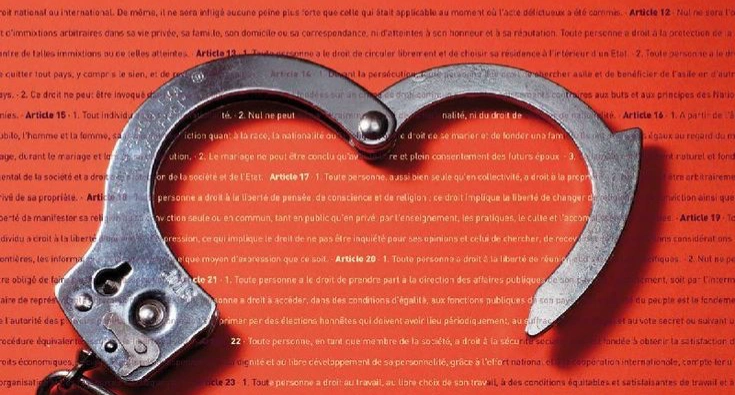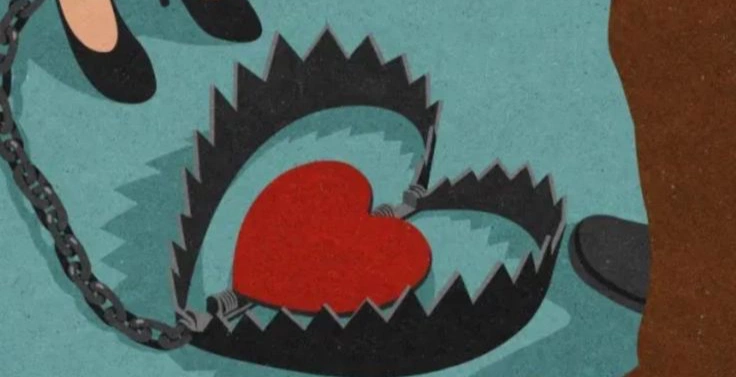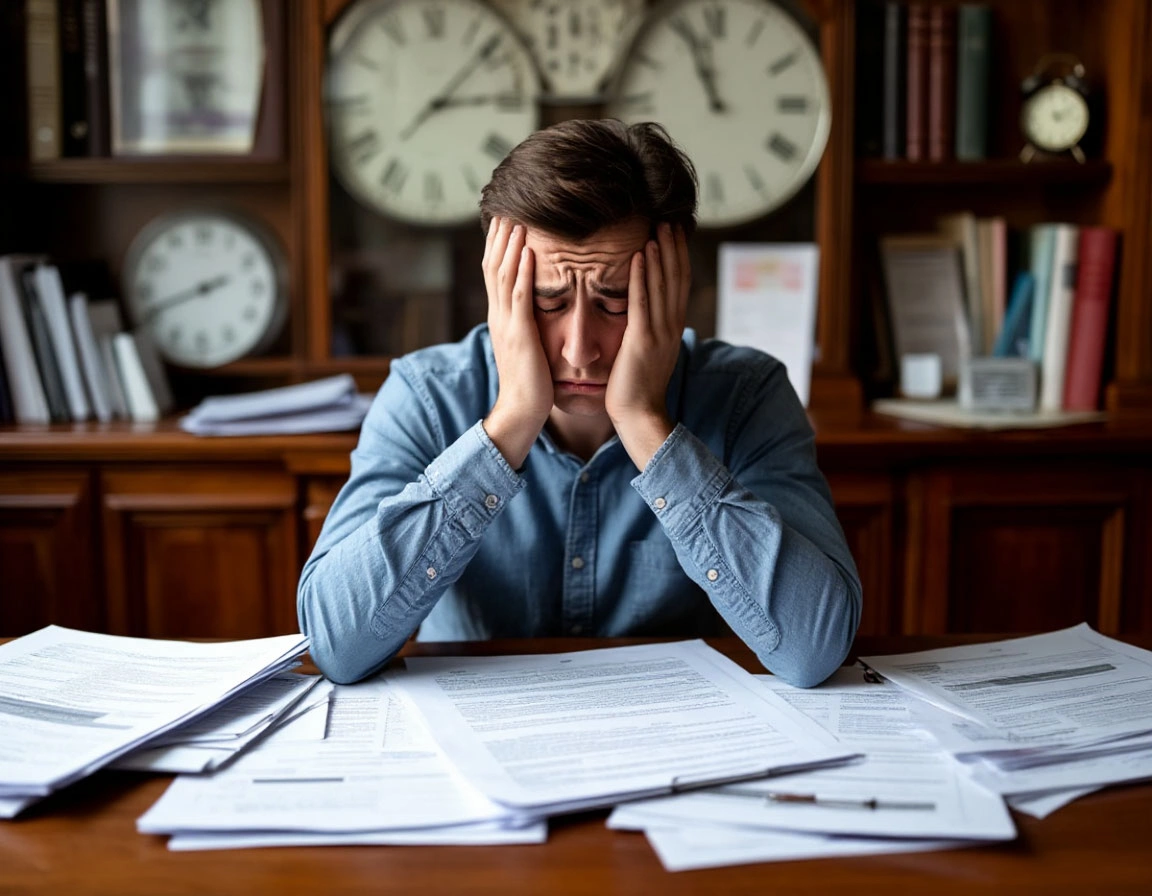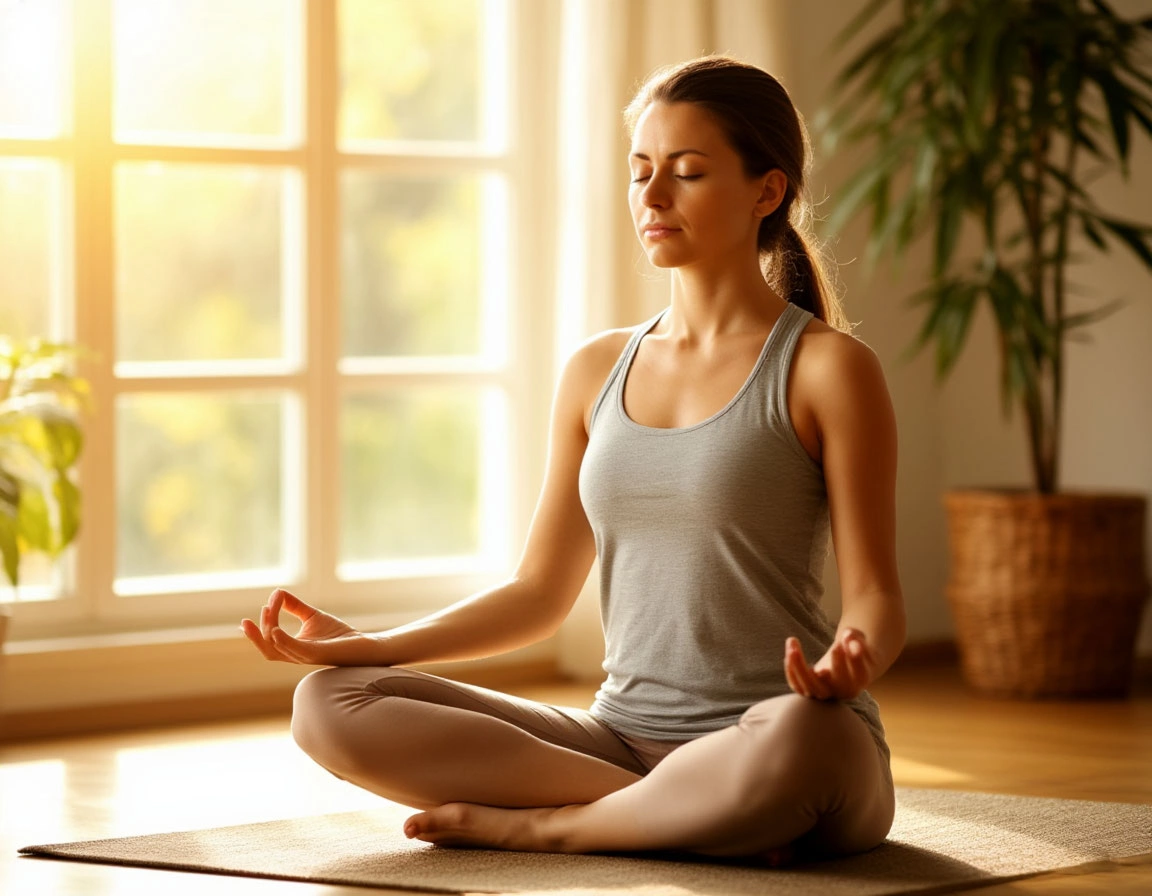Cognitive Psychology Posts on Crowch
Domestic violence is a wound that is often invisible. It hides behind closed doors, behind forced smiles, and behind silence. Survivors may continue going to work, seeing friends, living daily life, but inside they live with constant fear. October is the month when we must break that silence, bring the issue to light, and offer support.
Domestic violence knows no boundaries. It is not limited by country, age, education, or income. It can affect anyone. That is why we must recognize: violence is not a “private matter,” but a human rights and justice issue.
✨ Why do we need this month?
- To break the myths. Abuse is not always physical. Control, threats, financial manipulation, or emotional humiliation are also forms of violence.
- To support survivors. Everyone deserves to know they are not alone and that help is available.
- To change culture. We must teach children and young people to build relationships based on respect, not fear.
- To give hope. Stories of those who escaped and rebuilt their lives serve as inspiration and strength for others.

Domestic Violence Awareness Month is a reminder that we have a voice — and we must use it. A voice that says “no to violence.” A voice that supports those too afraid to speak. A voice that unites people for change.

Each of us can take action: share hotline numbers, support awareness campaigns online, donate to organizations, or simply listen to someone who needs to be heard. Small steps create big change.
October in purple is a symbol of hope and solidarity. It is a chance to show that violence will not remain in the shadows. It is an opportunity to say to millions of people: “You are not alone. The world hears you. The world is ready to help.”
October is a month when millions of people unite to say: domestic violence cannot remain in silence. It destroys families, breaks lives, and leaves deep emotional and physical scars. But through awareness and support, we can break this cycle.
Domestic violence takes many forms. It can be physical harm and threats, but also shouting, humiliation, financial control, or isolating someone from friends and family. All of these are forms of abuse that leave scars not only on the body but also on the soul. And often the most frightening part is the silence around it. Survivors are afraid to speak, and those nearby sometimes choose to look away.
Why do we need this month?
- To speak out. Silence only makes the problem stronger. When we name things for what they are, we open the door to change.
- To help survivors. Hotlines, shelters, and crisis centers are real lifelines for those trying to start over.
- To educate the next generation. Young people must learn that healthy relationships are built on respect, not fear and control.
- To stand together. The purple ribbon is a sign of solidarity, a reminder that together we are stronger than violence.

Domestic Violence Awareness Month is not only about pain, but also about hope. It is about the stories of those who found the courage to leave, to rebuild, and to prove that life without fear is possible. It is about doctors, counselors, lawyers, and volunteers who dedicate themselves to helping survivors. It is about friends and families who refuse to turn away.
We can all be part of the solution. Share information, support a charity, listen to someone who is reaching out. Even a single kind word can be the first step toward freedom.

October in purple is a symbol of struggle and hope. It is our collective voice against violence. A voice that must be loud enough for survivors to hear, and for those who can help to take action.
🧠 Fear vs. Anxiety: What’s the Difference?
Fear and anxiety might feel similar, but they serve different emotional roles. Fear is our reaction to a visible threat — a barking dog, a looming deadline, or an unexpected sound in the dark. Anxiety, on the other hand, is the unease about something that might happen in the future. It's the voice in your head that whispers, “What if...?” — even when nothing seems wrong on the surface.

This emotion isn't a flaw — it's an evolutionary advantage. Our ancestors who noticed rustling bushes and imagined danger (even when there was none) were more likely to survive sabretooth attacks than their carefree companions. Those who worried lived longer. But today, that once-useful reflex can spiral out of control.
📊 How Common Is It?
You’re not alone. Statistically, 1 in 3 people will experience significant anxiety at some point in their lives. And when we broaden the definition to include everyday anxiety — that gnawing unease before a big presentation or the sleepless night before an exam — the numbers likely approach 100%.
The real issue isn’t whether you feel anxious. It’s whether your anxiety is helping you adapt or just holding you back.
⚖️ When Anxiety Becomes a Problem
Anxiety, like any emotion, is only problematic when it stops serving a useful purpose. Let’s say you’re working on an important project. A bit of anxiety might push you to work harder, double-check your work, or prepare more thoroughly. That's adaptive anxiety — uncomfortable, but beneficial. But if your worry becomes so intense that you’re paralyzed, procrastinating, or physically unwell? That’s when it crosses the line into maladaptive or even clinical anxiety.

🔍 Why Are Some People More Anxious Than Others?
There’s no single answer — anxiety is influenced by a mix of biology, psychology, and life experiences.
- Women are twice as likely to experience anxiety disorders. Hormonal fluctuations, especially involving the thyroid or adrenal glands, may play a role.
- Childhood trauma, unresolved stress, or emotional neglect can shape how we respond to life’s challenges.
- Even genetics contribute: some people are simply wired to react more sensitively to stress.
But the good news? You don’t have to know the exact cause to start healing.
🛠️ How to Manage Anxiety
Whether your anxiety is mild or overwhelming, there are practical strategies to regain balance:
🧘♀️ 1. Breathing Exercises
Try the 4-7-8 method: inhale for 4 seconds, hold for 7, exhale for 8. Do this 4–5 times. It slows your heart rate and calms your nervous system.
🧘 2. Mindfulness & Meditation
Just 5–10 minutes daily can make a difference. Use apps like Headspace or Calm to guide your practice. Focus on the now, not the what if.

🏃 3. Exercise
Physical activity boosts endorphins, the body’s natural mood elevators. Whether it’s yoga, jogging, or a brisk walk, movement helps release tension and improve mood.
🧠 4. Cognitive Behavioral Therapy (CBT)
A proven method to reframe negative thinking patterns. If your anxiety feels overwhelming, CBT with a trained therapist is highly effective.
😴 5. Sleep and Diet
Lack of rest and poor nutrition can fuel anxiety. Aim for 7–8 hours of quality sleep, limit caffeine, and avoid heavy meals at night. Eat foods rich in:
- Magnesium (spinach, nuts)
- Omega-3 fatty acids (fish, flaxseed)
- B vitamins, especially B6 and B12
Strength doesn’t always look the way we imagine. It’s not always a loud voice, a confident walk, or a perfectly laid-out plan. Sometimes, strength is simply continuing to move forward while everything inside feels like a storm. It’s smiling through the anxiety. It’s choosing to get out of bed in the morning when all you want is to hide from the world.
Strength is honesty. The ability to say, “I’m struggling right now,” without pretending, without performing — just breathing in your own rhythm, staying true to your own pace, and being real.
We often forget how much we’ve already been through. How many times we’ve started over. How many times we’ve held on when no one knew how hard it was. Inner strength is quiet. It doesn’t seek recognition. It simply carries you — again and again — even when you feel like there’s nothing left to give.
Change can be terrifying. Especially the kind we didn’t choose — loss, uncertainty, unexpected turns. When the ground shifts, and familiar things fall away. But it’s in those moments that something hidden begins to surface. And what is truly yours never disappears — it stays within you.
Strength is flexibility. The ability not to break, but to bend. To sit with pain instead of running from it. To soften without falling apart. To remain open without being defenseless. That’s not weakness — that’s emotional maturity.
Every crisis is a crossing. Like a bridge between one version of your life and the next. And if you find yourself on that bridge now, remember: it’s not forever. Yes, it may feel scary. But fear doesn’t mean stop — it means you’re stepping beyond what’s familiar.
Inner strength doesn’t make you hard — it makes you alive.It teaches you how to hold boundaries while still staying soft.How to trust yourself even when the world around you is filled with doubt.Strength isn’t about being fine all the time. It’s about coming home to yourself, even when things are falling apart.

You’ve already come through so much — more than you probably realize.And you’ll go further. In your own way. In your own time. With what truly matters.
You don’t have to be strong every day.But know this: your strength is always with you.Even when you cry. Even when you’re silent. Even when you’re just breathing.

Sometimes, being strong simply means staying true to yourself.Not abandoning who you are. Not forgetting what you carry.And the rest — will come.It always does.
In our era of smartphones, notifications, social media, and endless content, we often lose touch with the present moment. We check our phones out of habit, scroll feeds in line, reply to messages during dinner, and wonder where the time has gone. The digital world is now part of everyday life, but more and more people feel mentally drained — experiencing information overload, anxiety, distraction, and even loneliness. That’s where digital detox comes in.
Digital detox means taking a mindful break from screens — phones, computers, TVs, and devices. It’s a way to regain focus, reduce stress, sleep better, and reconnect with yourself. Stepping away from the internet, even temporarily, lets you notice your body’s needs, engage in real conversations, and boost your creativity.

There are many ways to do a digital detox: turning off your phone for a weekend, avoiding screens before bed, staying off social media in the morning, or setting aside screen-free hours in the evening. The goal isn’t punishment — it’s self-care.
In a world of constant online presence, digital detox is becoming not a luxury but a necessity. It helps us return to real life, feel present, and experience moments more deeply — no filters, no noise.

n our era of smartphones, constant notifications, social media feeds, and endless content, we often lose touch with the present moment. We check our phones without thinking, scroll through posts while standing in line, respond to messages during meals, and suddenly wonder where the day has gone. Technology has brought us convenience, connection, and entertainment — but it's also brought distraction, overstimulation, and emotional fatigue.
The digital world is now an inseparable part of everyday life — work, communication, entertainment, shopping, even relaxation are mediated through screens. But more and more people are experiencing the downsides: information overload, rising anxiety, trouble sleeping, shortened attention spans, and even feelings of loneliness, despite being “connected” around the clock. That’s where the concept of a digital detox comes in.
A digital detox means taking a conscious, intentional break from digital devices — including smartphones, tablets, computers, televisions, and even smartwatches. It’s not about rejecting technology, but about reclaiming your attention, calming your mind, and reconnecting with yourself and the world around you. Even short breaks from screens can lead to reduced stress, better sleep, improved focus, and a clearer sense of presence.
When we step away from constant stimulation, we give our brains a chance to rest. We become more aware of our emotions, our thoughts, and our surroundings. We’re more likely to engage in real, meaningful conversations. We might rediscover the joy of walking without headphones, of eating without a screen, or of simply doing nothing at all — just being.
There are many simple and practical ways to incorporate digital detox into your routine:
- Turn off your phone for an afternoon or a weekend
- Avoid screens for the first hour after waking and the last hour before bed
- Disable non-essential notifications to reduce the urge to check your device
- Use “Do Not Disturb” or grayscale modes to limit distractions
- Designate screen-free spaces in your home — like the bedroom or dining table
- Plan tech-free activities like reading, journaling, hiking, cooking, or meeting friends face-to-face
Remember, the goal of a digital detox isn’t to punish yourself or fall behind — it’s to create intentional pauses where your nervous system can reset and your mind can breathe. It’s a form of self-care, not restriction.
In a world where online presence is expected and “always available” is the norm, taking time offline is becoming not a luxury, but a necessity. Our attention is a precious resource — and like any resource, it needs boundaries. Digital detox allows us to return to real life: to experience moments fully, without filters or interruptions. To hear ourselves think. To sleep deeply. To look someone in the eye without a screen in between.
Even just one hour of conscious disconnection a day can restore mental clarity, emotional balance, and a greater sense of control. It reminds us that we are not machines meant to process endless input — we are humans meant to feel, reflect, and be present.
So start small. Be gentle with yourself. Try a quiet walk without your phone. Read a book before bed instead of scrolling. Leave your phone behind during lunch with a friend. These simple acts have power — they give us our time, energy, and focus back.
Digital detox isn’t about escaping life — it’s about returning to it.
The modern world moves at lightning speed. Endless deadlines, constant notifications, information overload, breaking news, social media comparisons — all of it creates a low-level stress that many of us have come to accept as normal. Yet beneath that surface often lies chronic anxiety, burnout, and a quiet sense of disconnection. Mindfulness is a practice that helps us return to ourselves, slow down, and experience the power of simply being in the present moment.
Mindfulness isn’t some mystical retreat or exclusive spiritual practice. It’s a simple, practical skill — the ability to pay attention to what is happening right now: in our bodies, thoughts, and emotions. It’s about observing without judging, slowing down without checking out. For example, when we eat mindfully, we savor the flavor, texture, and aroma of food — rather than gulping it down while scrolling through our phones. When we talk to someone, we truly listen instead of waiting for our turn to speak.
Scientific research has shown that mindfulness can reduce anxiety, improve sleep, boost focus, and increase emotional resilience. It’s used in therapy (such as the MBSR — Mindfulness-Based Stress Reduction program), in schools, in corporate wellness, and even by athletes. The key is not perfection, but consistency and intention. You don’t need to do it “right” — you just need to show up.
Our culture rewards multitasking, speed, and constant productivity. But it’s the ability to pause, notice, and feel that brings us back to life. Mindfulness allows us to face difficult emotions instead of escaping them. To understand the roots of our stress, rather than numbing it. To step off autopilot and choose where to place our attention, energy, and compassion.
Getting started is simple. Take five minutes of quiet. Notice your breath. Feel the sensations in your body. Give yourself permission to just be. It might seem small, but it can change everything. In a chaotic world, mindfulness isn’t magic — it’s medicine. To be present is to be in touch with yourself, with life, with reality. And that’s the beginning of living more fully, clearly, and truthfully.

The modern world moves at lightning speed. We wake up to alarms, scroll through breaking news, respond to a flood of messages, juggle deadlines, and measure our lives against filtered snapshots on social media. Constant notifications, information overload, and social comparisons have become so routine that many of us don’t even notice the weight we’re carrying. Underneath the surface, however, lives a quiet storm — chronic stress, anxiety, mental fatigue, and a subtle sense of disconnection from ourselves and the world around us.
This is where mindfulness enters — not as a trendy buzzword, but as a powerful and accessible practice for grounding, clarity, and inner peace. Mindfulness invites us to slow down, breathe, and return to the only place where life actually happens: the present moment.
Contrary to popular belief, mindfulness isn’t about escaping the world or emptying the mind. It’s not a mystical retreat or something reserved for monks and gurus. It’s a practical skill, one that anyone can cultivate. At its core, mindfulness is simply the ability to pay attention — on purpose, without judgment — to the present moment.
That means noticing your breath as it flows in and out. Feeling the tension in your shoulders. Observing your thoughts without clinging to them. When you eat mindfully, you actually taste your food — noticing the flavors, textures, and temperature. When you listen mindfully, you’re not just waiting for your turn to talk — you’re really hearing what the other person is saying.
Science backs this up. Numerous studies show that mindfulness can:
- Reduce symptoms of anxiety and depression
- Improve sleep quality
- Boost attention, memory, and cognitive performance
- Strengthen emotional regulation and resilience
- Lower blood pressure and improve physical well-being
It’s no wonder mindfulness is used everywhere today — in therapy (like Mindfulness-Based Stress Reduction), in schools, hospitals, workplaces, and by elite athletes. It’s not about perfection or long hours of meditation. It’s about consistency, presence, and intention. Even a few minutes a day can begin to shift how you feel and respond.
In a culture that rewards multitasking, hustle, and hyper-efficiency, the ability to pause is revolutionary. When we practice mindfulness, we train ourselves to step off autopilot and make conscious choices. We learn to meet discomfort with compassion instead of avoidance. We give ourselves permission to feel, to rest, to be — without needing to fix or control everything.
Getting started is simple:
- Sit quietly for five minutes and focus on your breath
- Notice the sensations in your body — without changing anything
- Observe your thoughts as clouds passing through the sky
- Go for a walk without your phone, simply noticing sounds, smells, and colors
- Practice gratitude — not as a performance, but as awareness of the good that already exists
At first, it may feel unfamiliar. Your mind may wander. You may feel restless. That’s okay. The goal isn’t to stop your thoughts — it’s to notice them and return gently to the present moment. Each time you do, you’re building the muscle of awareness.
Mindfulness is not about becoming someone else. It’s about coming home to yourself — again and again.
In a chaotic, overstimulated world, mindfulness is not magic — it’s medicine. It’s a way to reconnect with your senses, your breath, your purpose, and your humanity. It helps us live more intentionally, more truthfully, and with greater kindness toward ourselves and others.
